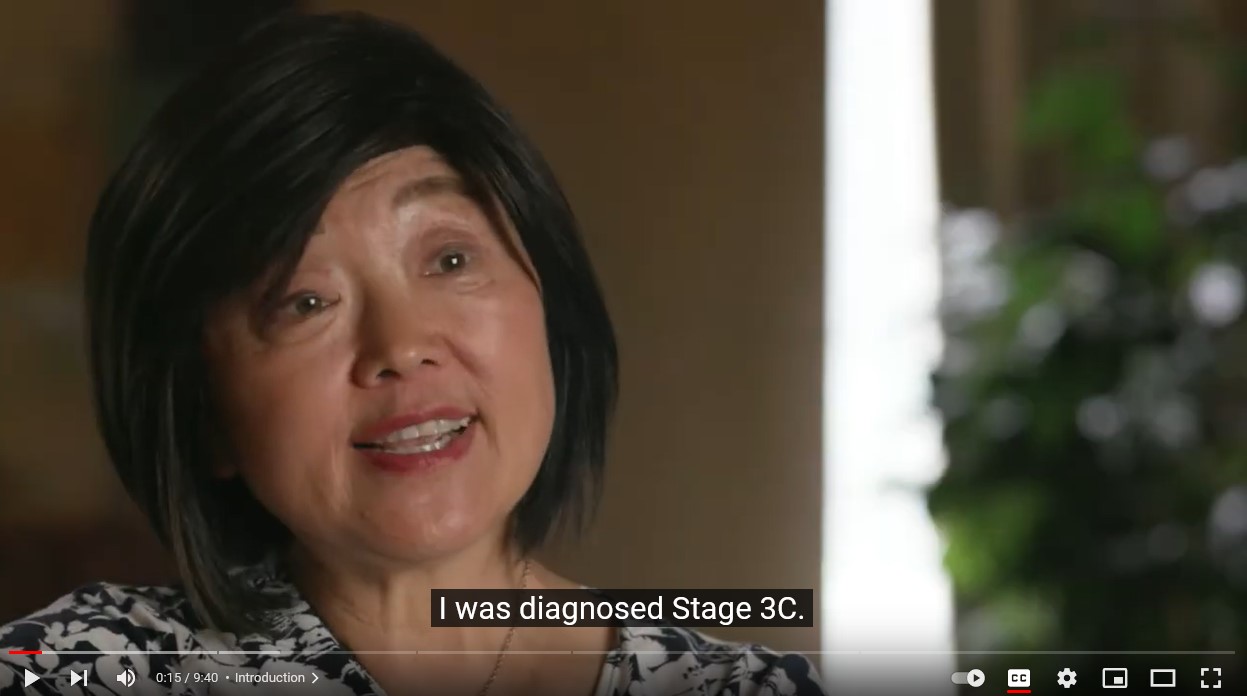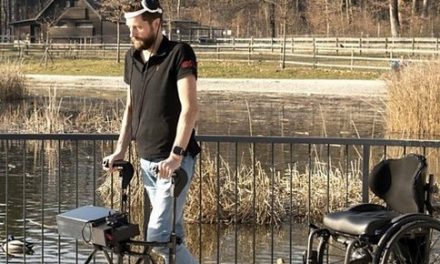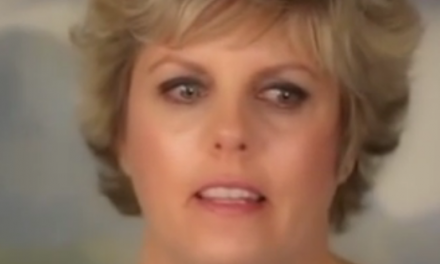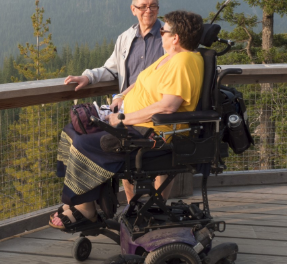Margaret Imai-Compton has climbed the highest mountain in the Alps, reached the top of the Canadian Rockies and trekked the Himalayas.
When the 65-year-old Toronto woman was presented with a different kind of challenge five years ago – Stage 3C ovarian cancer – she approached it the same way she would any climb.
“I decided I’m just going to go through this. I had a real belief in my body that I was able to heal,” says Margaret.
Margaret had been climbing Kilimanjaro about six months earlier with a friend who had lost her best friend to ovarian cancer. After hearing about the friend’s elusive symptoms (bloating, lower back pain and fatigue), Margaret thought it sounded exactly like what she had been experiencing.
She returned home and was diagnosed with high-grade serous ovarian cancer in October 2013. The irony was not lost on Margaret.
“It was the most wonderful, serendipitous thing that could’ve happened to me. I would’ve gone on probably another year just denying the symptoms. I was very athletic and high-functioning. Climbing and mountaineering are my passion,” she says. “I was incredulous. I thought, ‘How can that be? I just came back from a climbing trip!’”

She began treatment at Princess Margaret Cancer Centre, where she had surgery to remove her uterus, fallopian tubes and ovaries, followed by chemotherapy.
After nine months of being disease-free, the cancer returned. This time it had spread to Margaret’s lymph nodes and other areas.
When the second round of chemo didn’t show the results she hoped for, her oncologist Dr. Amit Oza, Head of the Division of Medical Oncology and Hematology, suggested she try a clinical trial using an immunotherapy vaccine to control the disease.
“That worked for about seven months. I was still travelling, still skiing, still ice climbing and then it stopped working.”
Margaret went back on chemotherapy but remained optimistic.
“My cup is always half full, so I feel very, very grateful. I don’t know if it was my upbringing or my natural genes, but I feel grateful to have that ability to know that tomorrow the sun is going to shine.”
Margaret is also thankful for her daughter Carolin, now 27. “She is my guardian angel and the reason I welcome every day of this journey.”
In the spring of 2018, the chemotherapy stopped working. Margaret enrolled in a second clinical trial under Dr. Stephanie Lheureux, Medical Oncologist and Gynecology Site Leader. It involved a PARP inhibitor treatment combined with another drug targeting the cell cycle of cancer.
To date, Margaret is doing well. Her cancer has not progressed.





